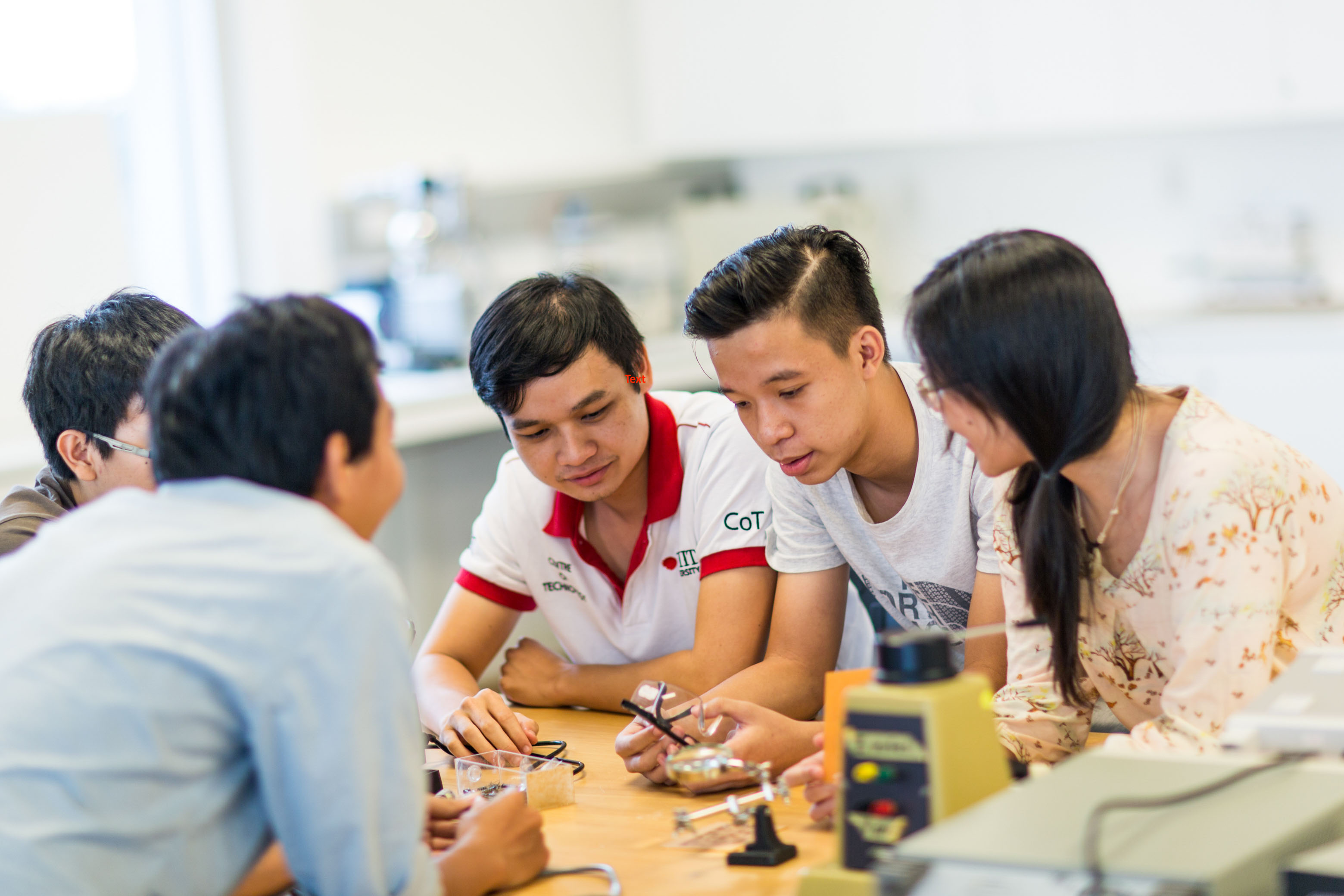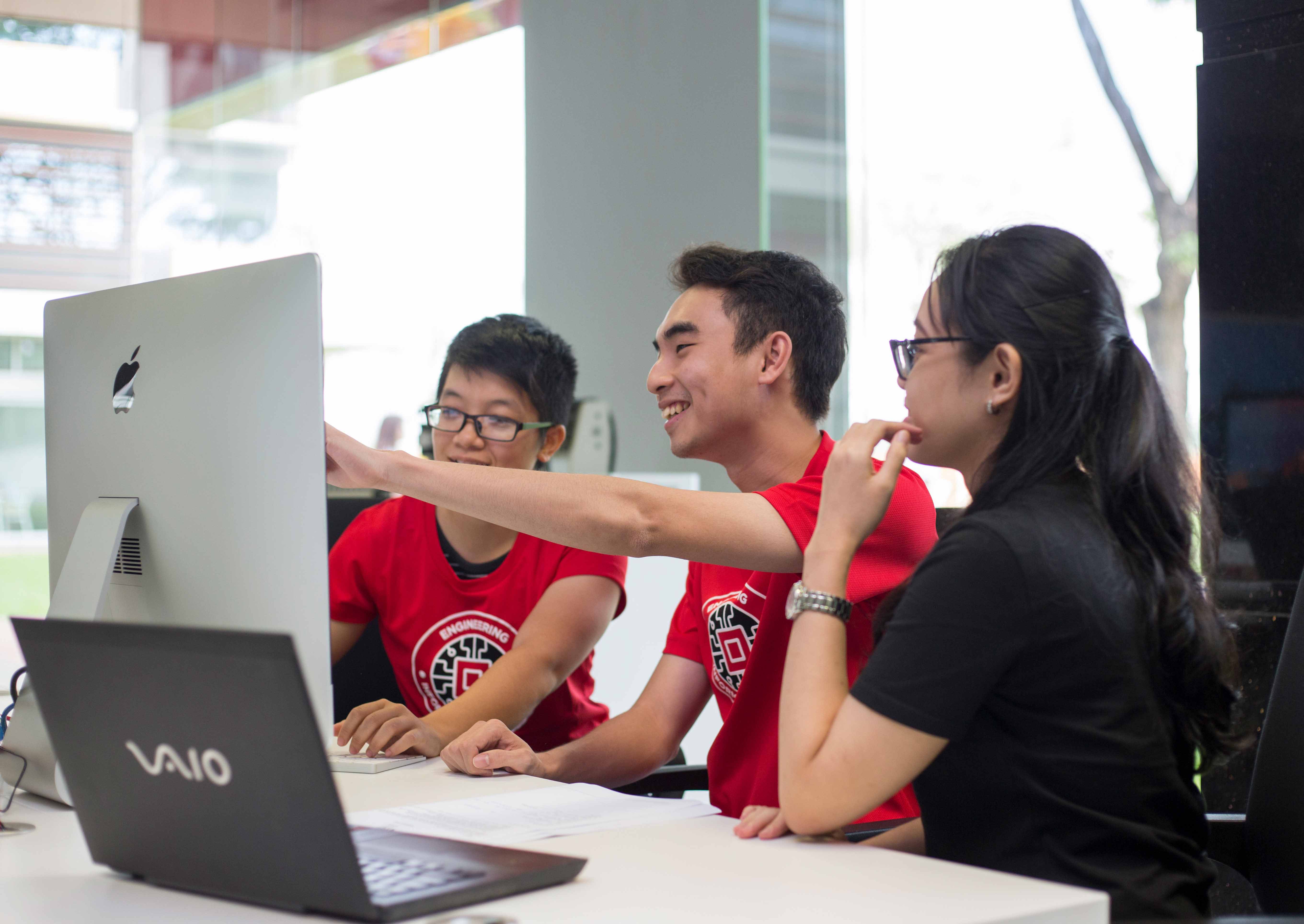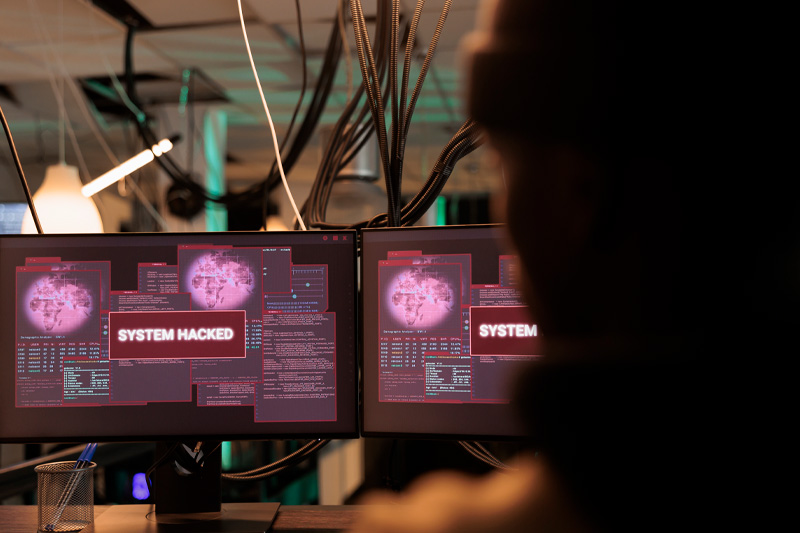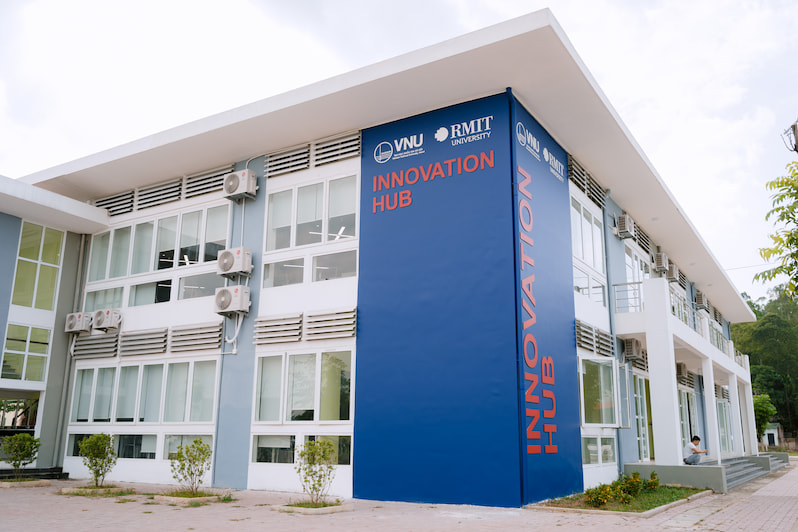How can Vietnamese SMEs strengthen their cyber security?
The answer lies in raising awareness about cyber threats and risks, particularly for small and medium-sized enterprises (SMEs) in Vietnam that are susceptible to losses and reputational damage under attack.
Student-driven machine learning models empower farmers
Machine learning models developed by RMIT Vietnam students can forecast Robusta coffee prices by leveraging historical data on coffee prices, gasoline prices, temperature, and precipitation.
Le Vy: “Keep moving forward and you can forge your own path”
Formerly an economics graduate, Le Vy stated that RMIT’s postgraduate scholarship had given her further motivation to keep moving forward and forging her own path.
VNU-RMIT Innovation Hub drives Vietnam-Australia scientific collaboration
Located in Vietnam National University’s Hoa Lac campus in Hanoi, the VNU-RMIT Innovation Hub will connect leading scientific minds and strengthen innovation collaboration between universities and businesses from Vietnam and Australia.






